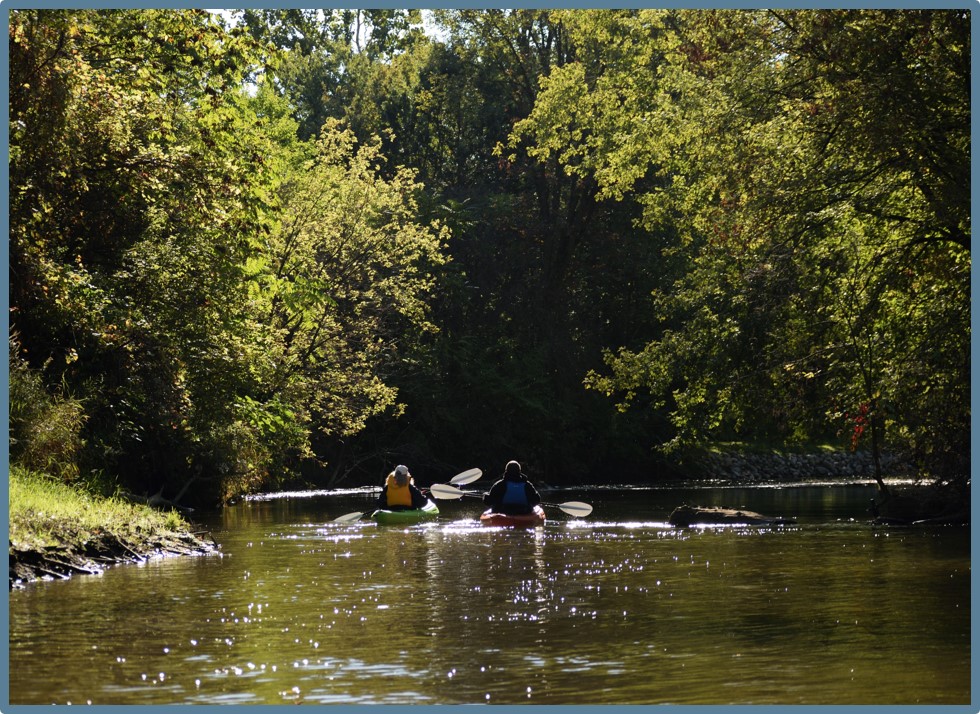2019 WEF Stormwater and Green Infrastructure Symposium
Join us in Fort Lauderdale for the 2019 WEF Stormwater and Green Infrastructure Symposium.
Prasad Gullapalli, PE, will be presenting during Session 12: Integrative Strategies and Practical Applications. His presentation on the Clinton River Habitat Restoration begins Friday, May 10, 2019 at 1:00 pm.

ABSTRACT
The Clinton River Habitat Restoration addressed habitat impairments within a 9 mile section of the Clinton River in Sterling Heights and Utica, Michigan; an urbanized area where 10% of historical woodland and wetland habitats remain. The increase in flows, sedimentation, and incision in the river has resulted in extensive areas of bank erosion, mid-channel bar development, large woody dams, and poor water quality. As the Clinton River adjusts to the changes, habitat, benthos, and fish and wildlife population have been negatively impacted. Natural channel restoration protocols including restoring natural meanders, riffle-pool bed topography, and channel dimensions were used to ensure long-term stability. Natural riffle grade controls and floodplain bench excavation in channelized areas provided connectivity to the floodplain. The project created habitat, improved habitat diversity, accommodated the wide range of river flows, and resolved sedimentation, incision, and bank erosion issues impairing habitat. The lasting impacts will be seen in economic improvements along the river, delisting from the Environmental Protection Agency’s (EPA) Area of Concern (AOC) designation, and increased fish quantity and diversity.
The Clinton River Corridor, through Sterling Heights and Utica, is now navigable for the first time since the 1970s.



